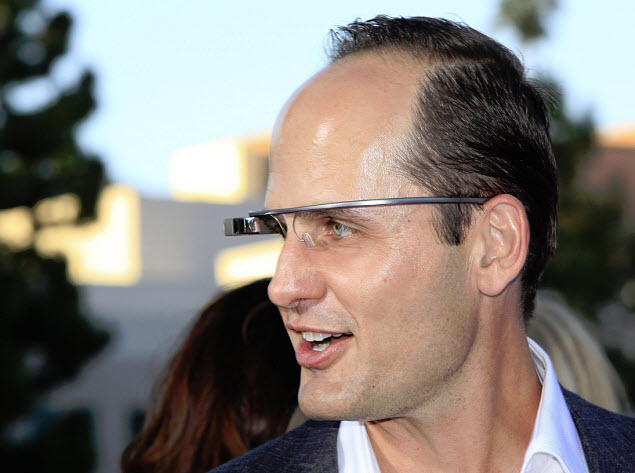The Department of Homeland Security is warning travelers about new scrutiny over electronic devices.
There has now been a caution issued by the Department of Homeland Security for travelers, which has stated that new tighter regulations for electronic and mobile technology will be going into place in airports that have flights that are headed directly into the United States.
So far, the department hasn’t gone on to provide a great deal of detail about what those changes will entail.
Earlier this week, security officials added to the department’s earlier statement by saying that the focus is being placed primarily on identifying explosives that could be hidden in the form of electronic and mobile technology devices, such as a cell phone. The Transportation Security Administration followed up by issuing a statement that said that a part of its typical screening routine at the overseas airports that have flights that head directly to the united states will include a potential request for device owners to turn them on.
Therefore, it is important not to bring mobile technology with dead batteries onto those flights.
 This can include everything from laptops to cell phones and pretty much everything in between. If a smartphone, tablet, laptop, or other device, cannot be turned on, then they will not be permitted onto the flights, said the Transportation Security Administration (TSA). Travelers with devices that have dead batteries or that cannot be turned on for some other reason may also be subject to additional forms of screening, such as pat-downs.
This can include everything from laptops to cell phones and pretty much everything in between. If a smartphone, tablet, laptop, or other device, cannot be turned on, then they will not be permitted onto the flights, said the Transportation Security Administration (TSA). Travelers with devices that have dead batteries or that cannot be turned on for some other reason may also be subject to additional forms of screening, such as pat-downs.
Homeland Security secretary, Jeh Johnson, said that “In this instance, we felt that it was important to crank it up some at the last point-of-departure airports.” Johnson added that “we’ll continually evaluate the situation.”
Johnson explained that this latest change in policies is working to help to stop the next form of attack from happening in the first place, instead of reacting to one that has already occurred. However, he also said that there is no reason to speculate about upcoming attacks. “We know that there remains a terrorist threat to the United States,” he said, adding that “aviation security is a large part of that.”
So far, there has been little objection from the public that has been heard regarding the announcement regarding electronics and mobile technology checks.

 Octovis Inc. believes that there could be massive implications for the
Octovis Inc. believes that there could be massive implications for the 